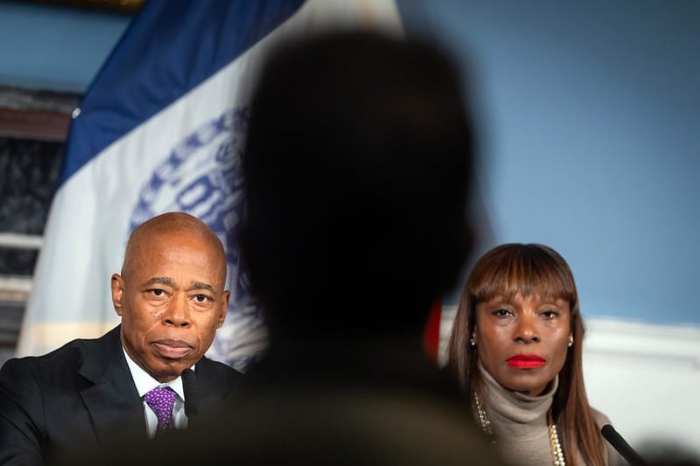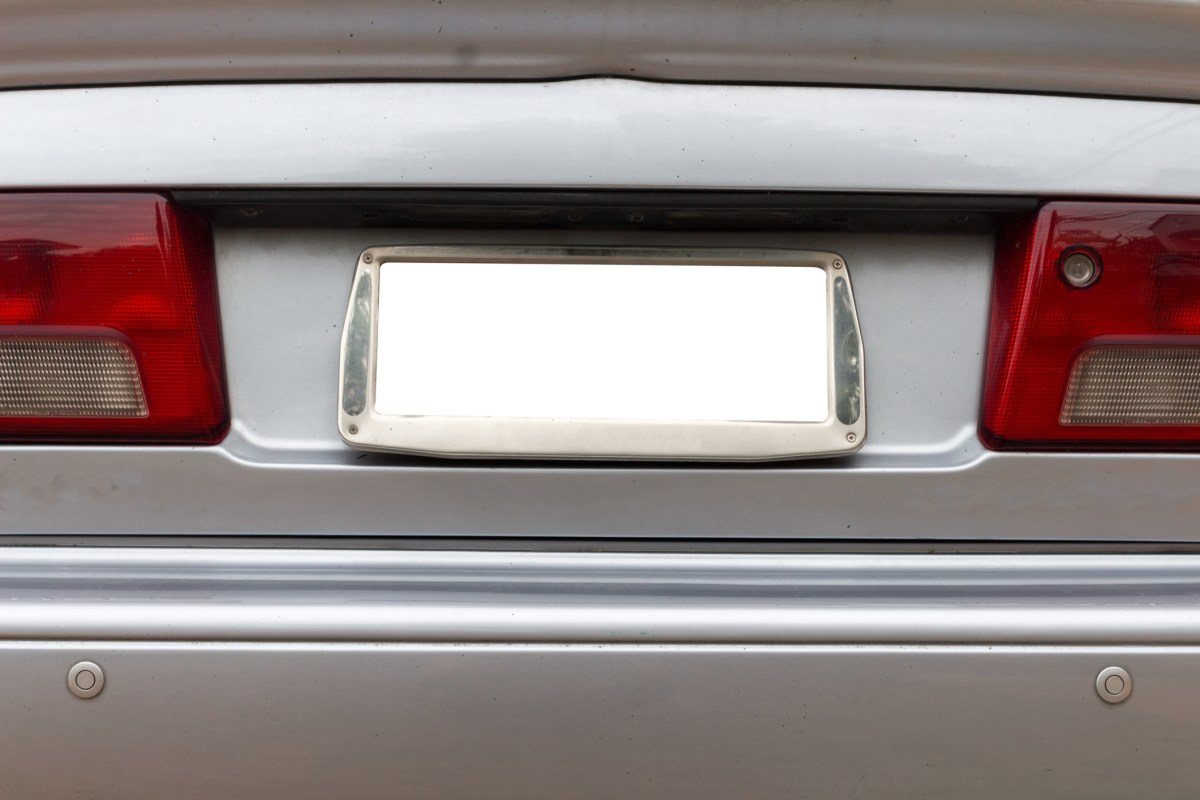Gov. Andrew Cuomo’s State of the State address was light on details, but packed with broad proposals on topics that directly affect New York City such as criminal justice reform, higher education, labor and homelessness.
As City Hall pours over the proposals, Mayor Bill de Blasio was at first largely uncritical of Cuomo’s speech.
The mayor highlighted that he supported efforts mentioned to combat sexual harassment in the workplace and to sue the federal government over President Donald Trump’s tax bill.
“It was a smart and important move by the governor, his administration, to look for any way that could lessen the blow of the Republican tax bill. We all agree that the bill passed in Washington signed by President Trump is going to disproportionately hurt New Yorkers,” the mayor said during a press briefing after the address.
The advocacy group Reclaim New York criticized what it called Cuomo’s “fantasy political agenda,” saying Albany has not done enough to make living in the state affordable.
“The Governor just doesn’t get it. People cannot afford New York,” said executive director Brandon Muir. “Nothing he said today will change that, in fact his agenda would make it worse.”
Here are some city-centric highlights from Cuomo’s speech:
New, 400-acre Brooklyn park
Cuomo pledged to create a 407-acre park in central Brooklyn that would be the largest state park in the city. The governor is eyeing the site of the former Pennsylvania and Fountain Avenue landfills on the shore of Jamaica Bay. He said he will partner with the city and the National Park Service to transform the area into what his State of the State book described as a “stunning new waterfront park (that) will provide unparalleled recreational opportunities.”
Congestion pricing
Cuomo had long been expected to release details about his vision for congestion pricing in New York City during his State of the State address as a project that would fund the MTA while also reducing traffic. But details from his plan, being crafted by a panel called Fix NYC, won’t be coming for weeks, he said.
“We will have new technology installed which will offer a variety of alternatives defining an exclusive zone in Manhattan where additional charges could be paid,” said Cuomo, on the idea. “These are difficult choices but the difficult choices do not get easier by ignoring them.”
Queens state Sen. Michael Gianaris, who favors an alternate proposal to create a millionaire’s tax to fund the MTA, said he eagerly awaits details of Cuomo’s vision.
“Congestion pricing are two words with no details attached to them,” Gianaris said. “The fairest way to generate revenue at this time of historic income inequality — whether through a corporate tax, or an income tax — [is to] get the people who are doing the very best to chip in a little more.”
Criminal justice reforms
Cuomo proposed a series of criminal justice reforms, including eliminating cash bail for many low-level offenses; pursuing legislation that would cut back on time defendants are held in custody before trial; and reducing the use of solitary confinement in state prisons.
“The blunt ugly reality is that too often, if you can make bail you are set free and if you are too poor to make bail you are punished,” said Cuomo. “We must reform our bail system so a person is only held if a judge finds either a significant flight risk or a real threat to public safety.”
Red Hook subway extension
The governor in his speech also called for the MTA to study extending a subway line from lower Manhattan into Red Hook through the building of a new subway tunnel. Critics of adding subway service to the neighborhood have worried about such a project’s sustainability, considering that superstorm Sandy badly flooded the area. Others view the idea as simply a project to compete with de Blasio’s streetcar proposal, the Brooklyn-Queens Connector (BQX).
The Friends of the BQX, a developer-backed advocacy group for the project, issued a statement assuring that both projects could complement each other.
“We applaud Governor Cuomo for studying transportation options to Red Hook and recognizing that to solve today’s mass transit crisis we must both adequately fund maintenance and repairs while aggressively pursuing ideas for expansion,” the group said in a statement.




































